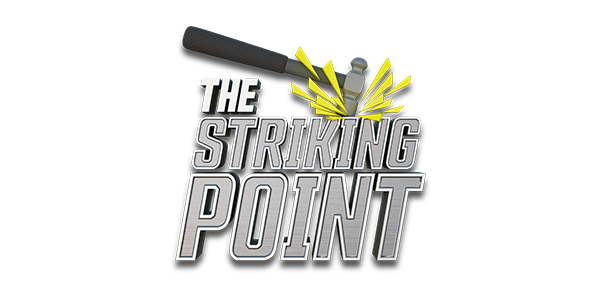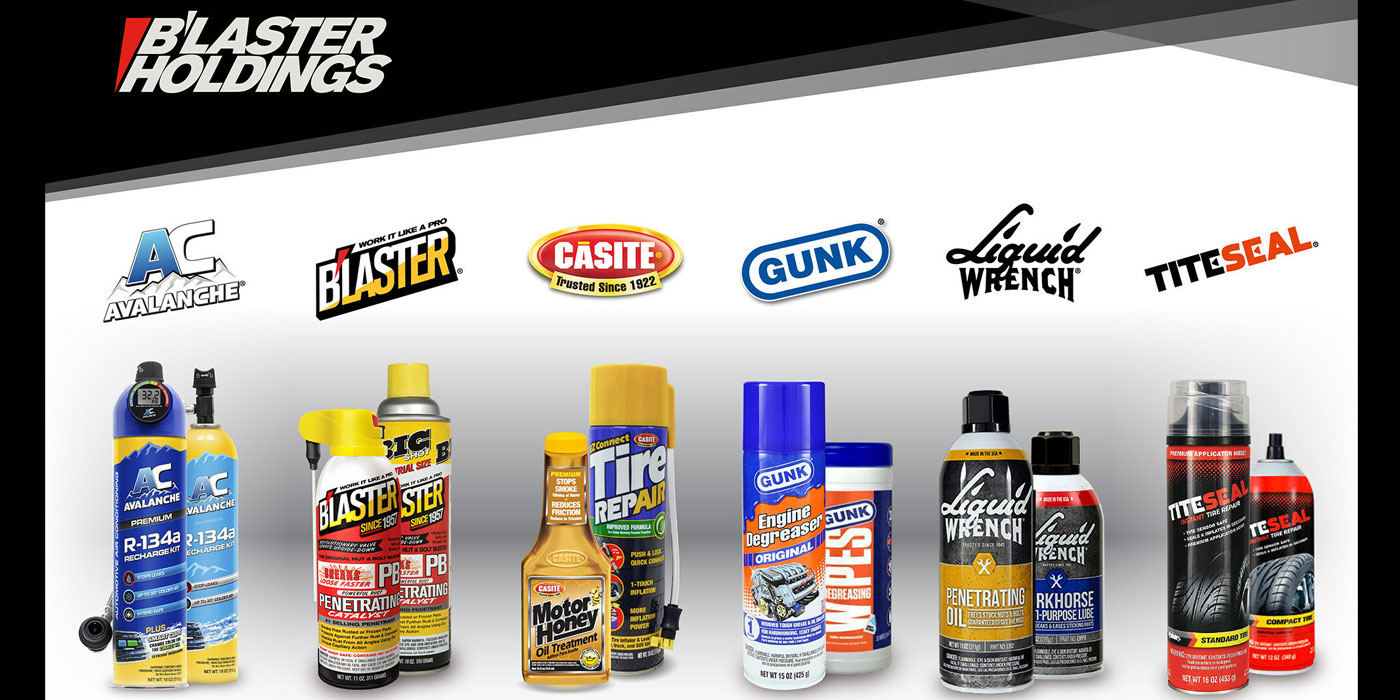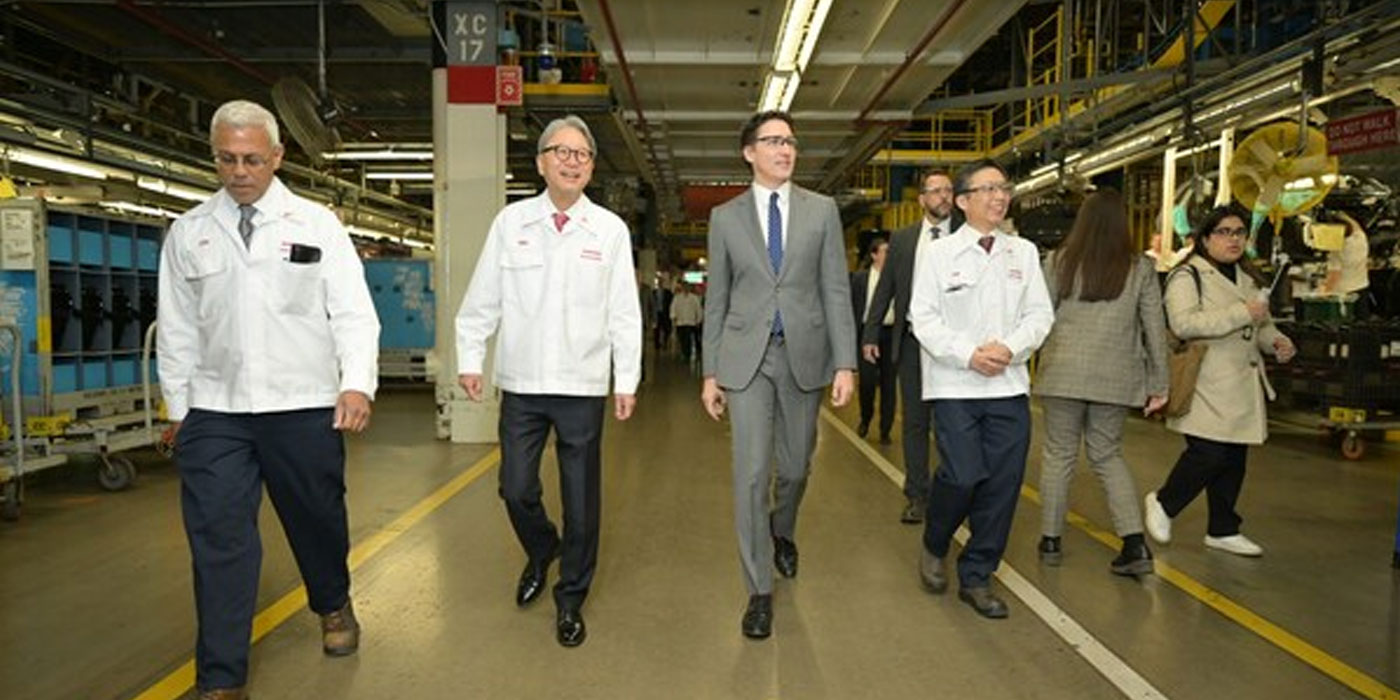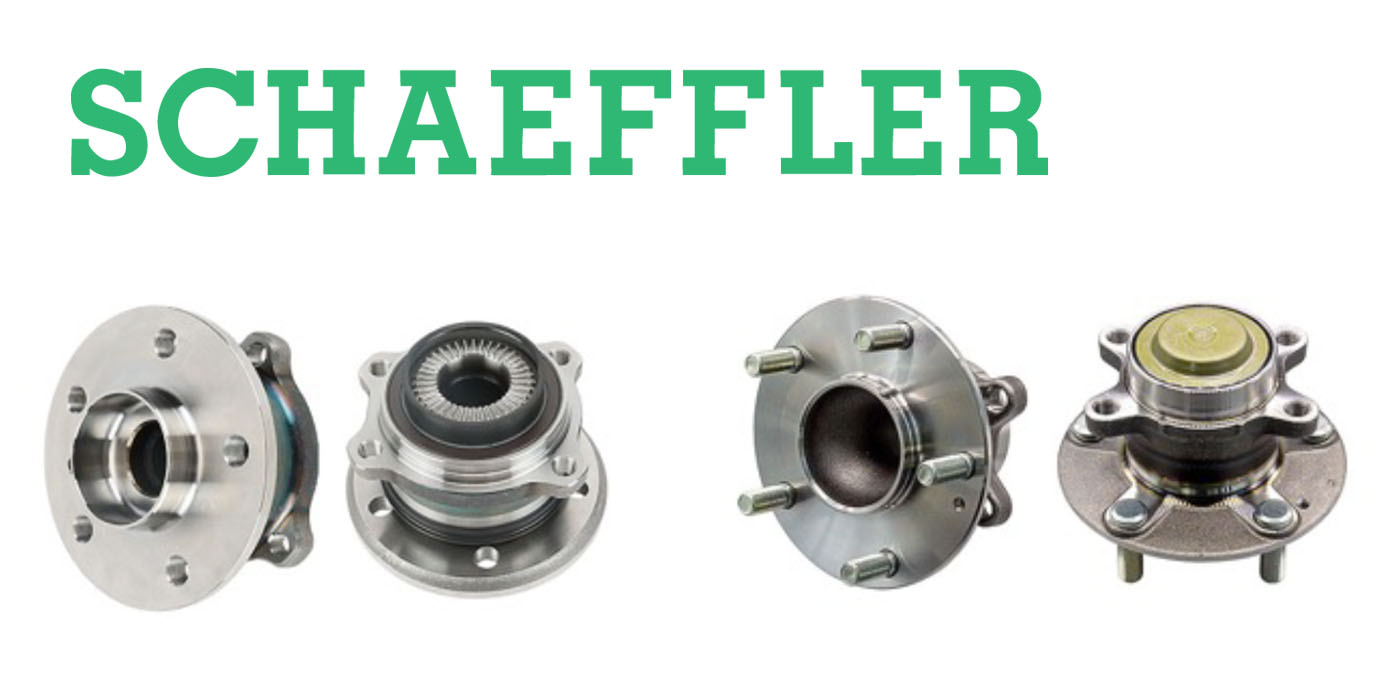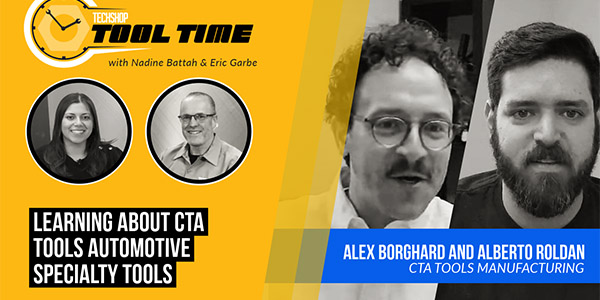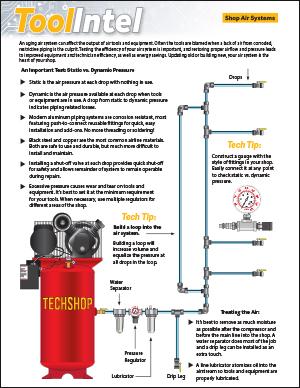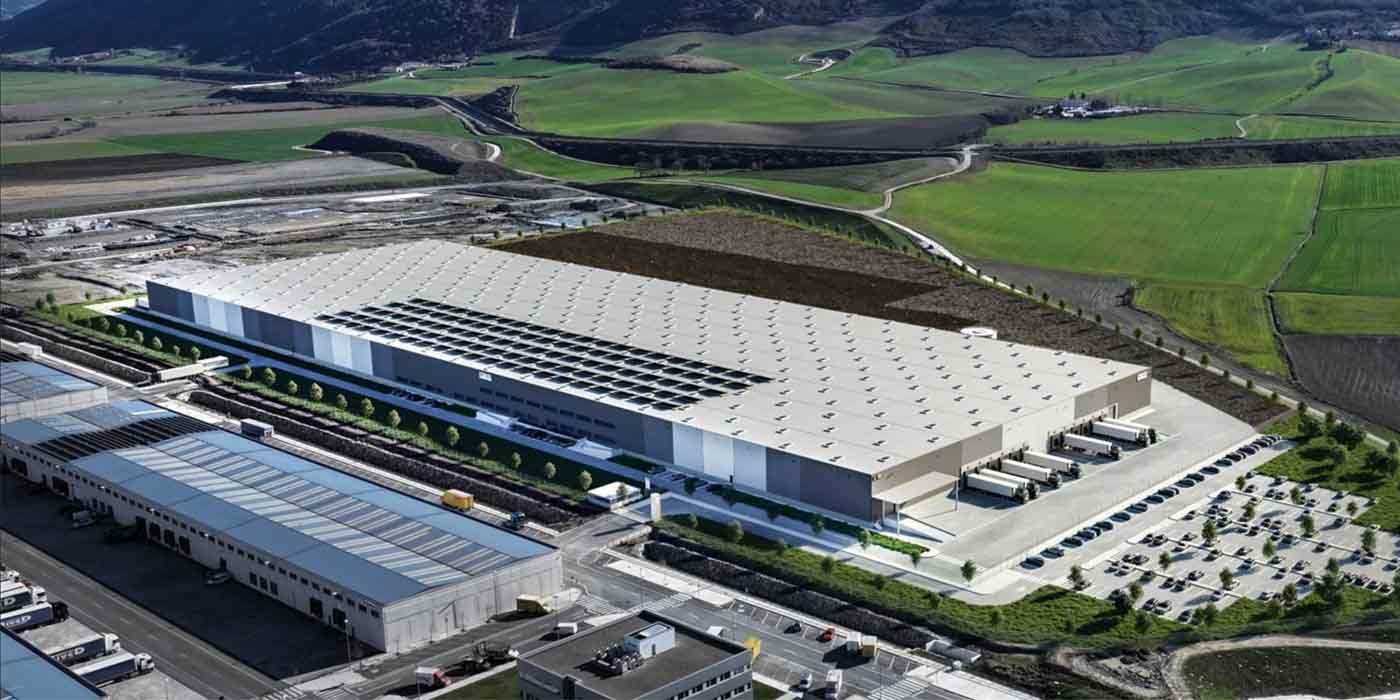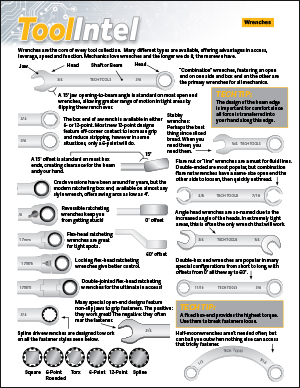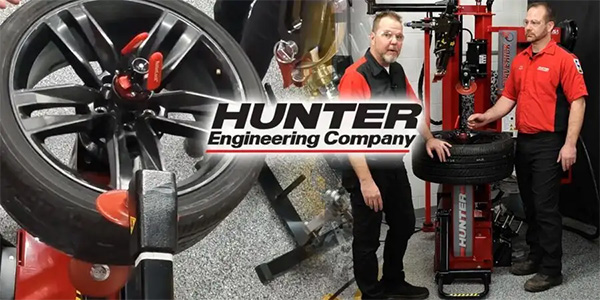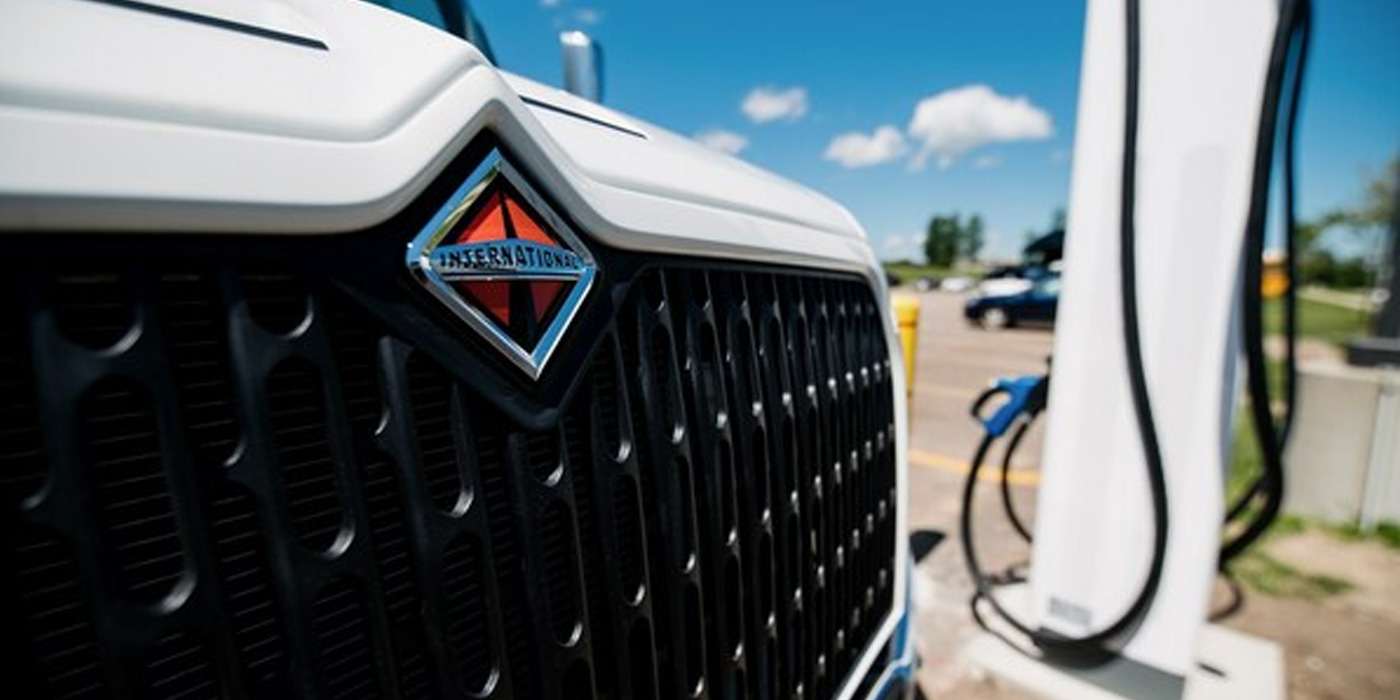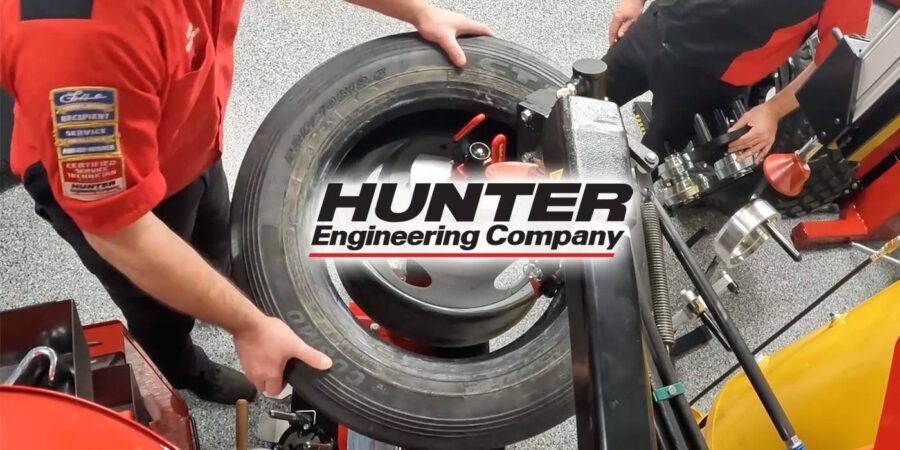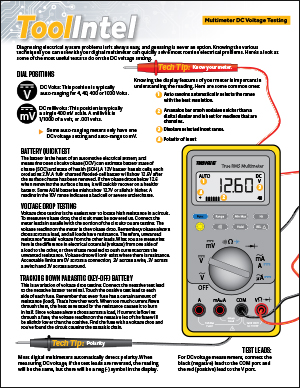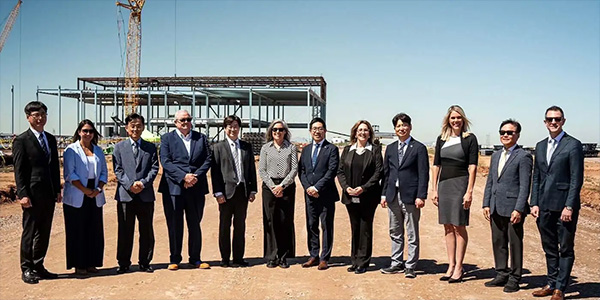Everyone who works with cars or trucks is familiar with the terms torque and horsepower. But do you understand the difference between the two and can you explain it to a customer? It’s important to have a sound understanding of both, and the ability to comprehend what defines each measurement of output.
By definition, torque is the force applied to an object to produce rotational or twisting motion and is usually measured in foot-pounds. For example, torque is the effort exerted by the engine to eventually turn the wheels. In another example, like tightening a lug nut, the torque is calculated by multiplying the force applied to the wrench, by the distance to the pivot point where force is applied.
Horsepower is defined as the ability of a mechanism to do a specific amount of work over a given period of time. In other words, a dynamometer measures the engine’s torque and also measures the engine speed in rpm. With these two numbers, the horsepower can be calculated. So horsepower is the rate at which torque is applied.
It is understood that the more torque and horsepower produced by an engine, the more powerful the motor. There are many ways to increase the power rating of an engine. One way is to reduce the friction produced in the engine, which may be accomplished simply by switching to certain quality full synthetic motor oils. Such full synthetic oils may significantly reduce friction compared to conventional oil, and help maximize engine torque and horsepower.
Courtesy of Quaker State.
For additional information on products offered by Quaker State, visit www.Qpower.com.

